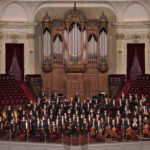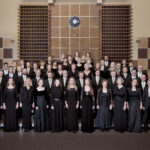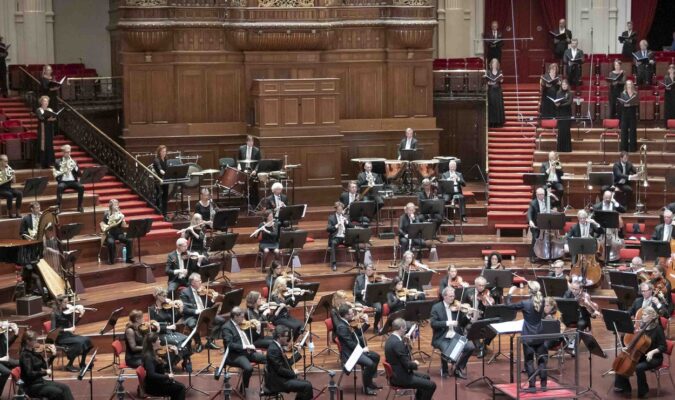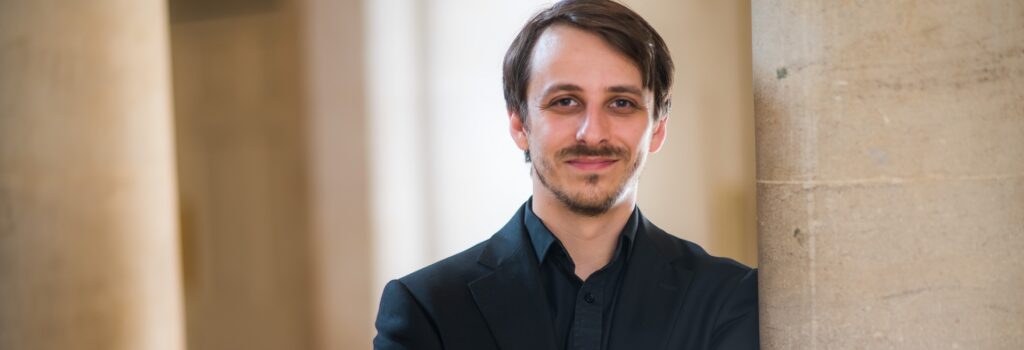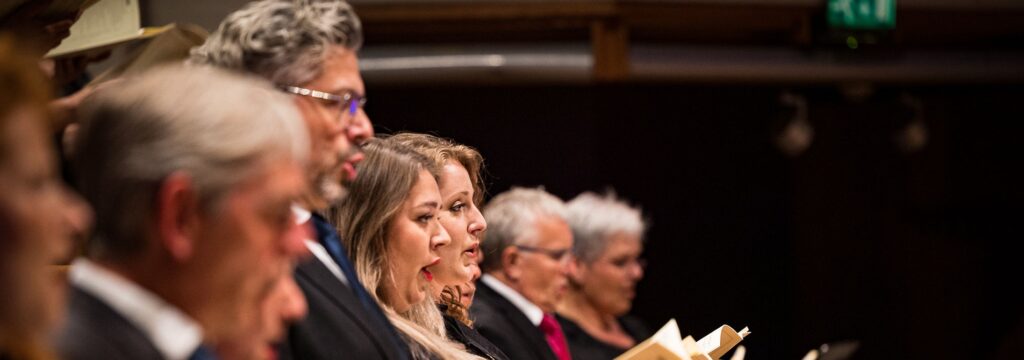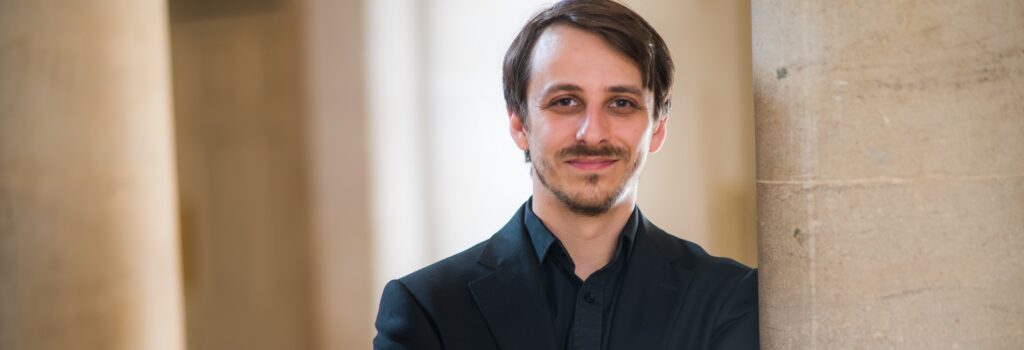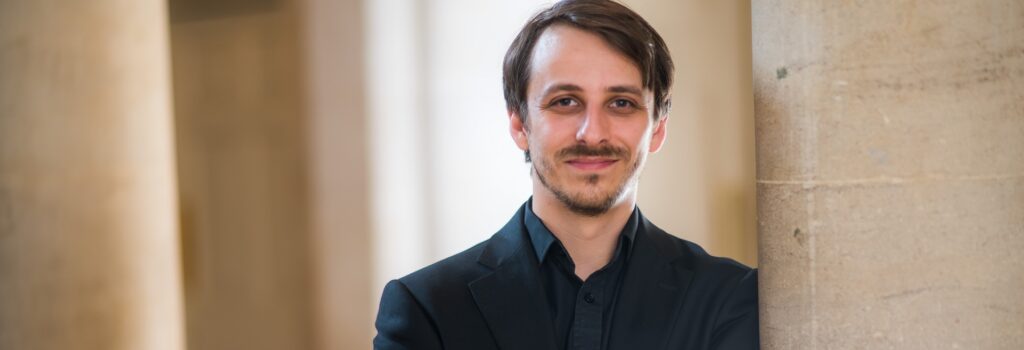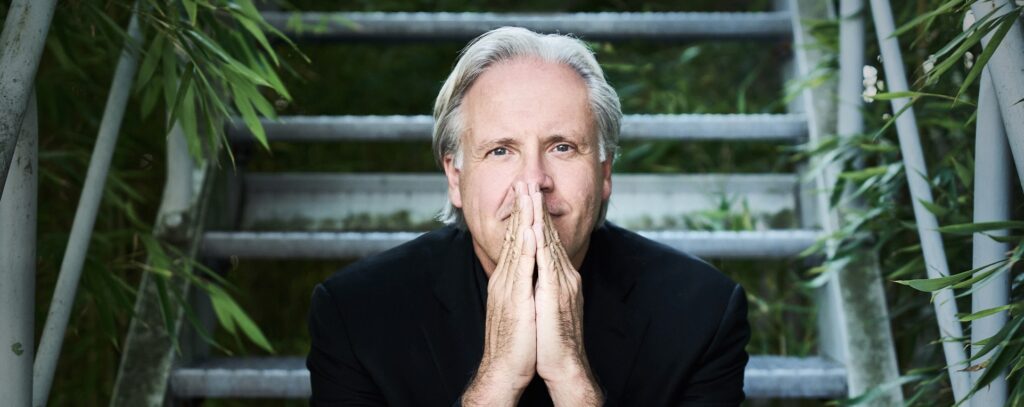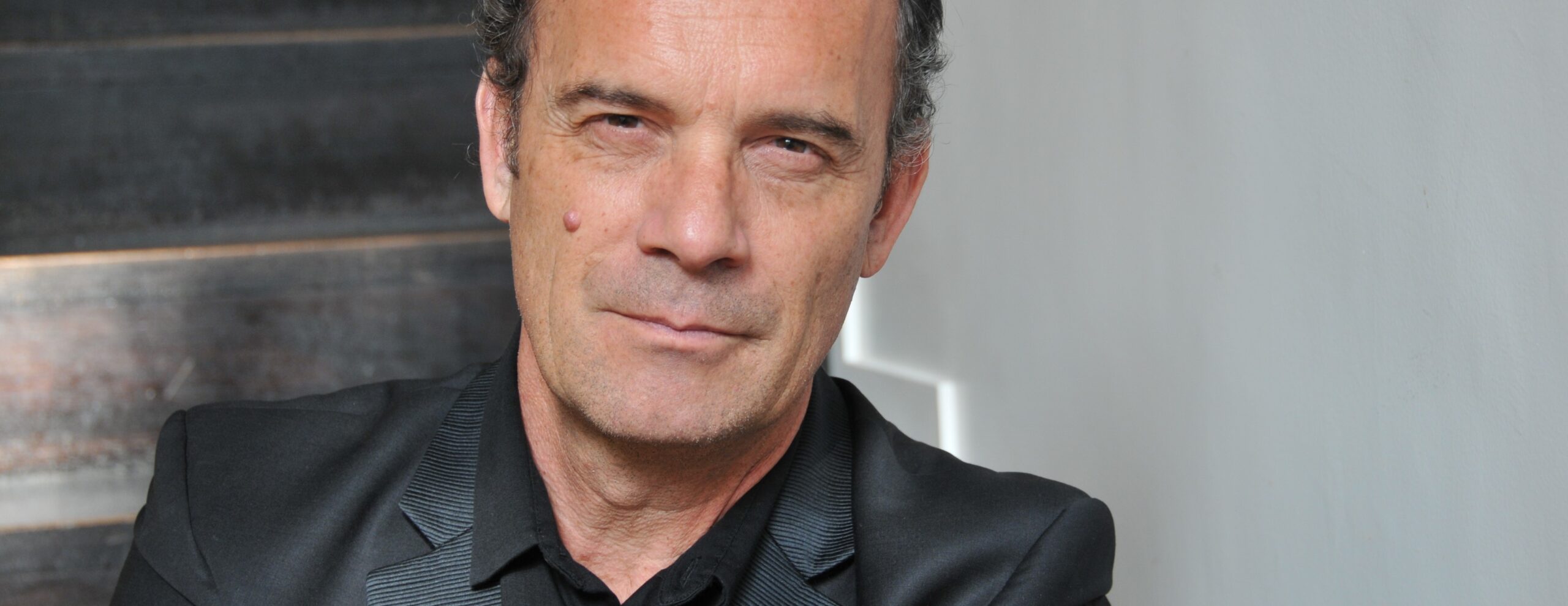

Operas by Weir and Dallapiccola: traumas and futile hopes
Programme
- Judith Weir Blond Eckbert
- Luigi Dallapiccola Il prigioniero
The 2020-2021 Matinee season concludes with an unusual double bill. With intense colours and lyricism, Judith Weir and Luigi Dallapiccola paint penetrating stories.
Judith Weir's intense Blond Eckbert
Scottish composer Judith Weir (1954) focuses on vocal music in her oeuvre. Her opera Blond Eckbert premiered in 1994. Eckbert and Berthe live deep in the woods. They seem happy, until it turns out that their only friend Walther knows more about them than they care to. Suggestive, alienating sounds, not necessarily dissonant, paint the nature in which this uneasy fairy tale by the writer Ludwig Tieck is set. Although Blond Eckbert captivates with the Waldeinsamkeit of German Romanticism, the work actually paints the unspoken taboos and traumas that play a role in every human relationship. After a laconic opening, Weir deftly weaves an ever denser and more intense web of sounds and atmospheres, until a sudden apotheosis.
The 'modern classic' Il prigioniero
Il pr igioniero (1948) by Luigi Dallapiccola has become a classic of the modern opera repertoire. Hope is the leitmotiv in this one-act play. Or rather: the destruction of hope, because the prisoner in the story is not released - as he is supposed to be - but led to the stake. With the traumatic time of the still recent Second World War in mind, Dallapiccola wrote a harrowing story in which wry dissonances alternate with the glittering hope of Italian lyricism.
